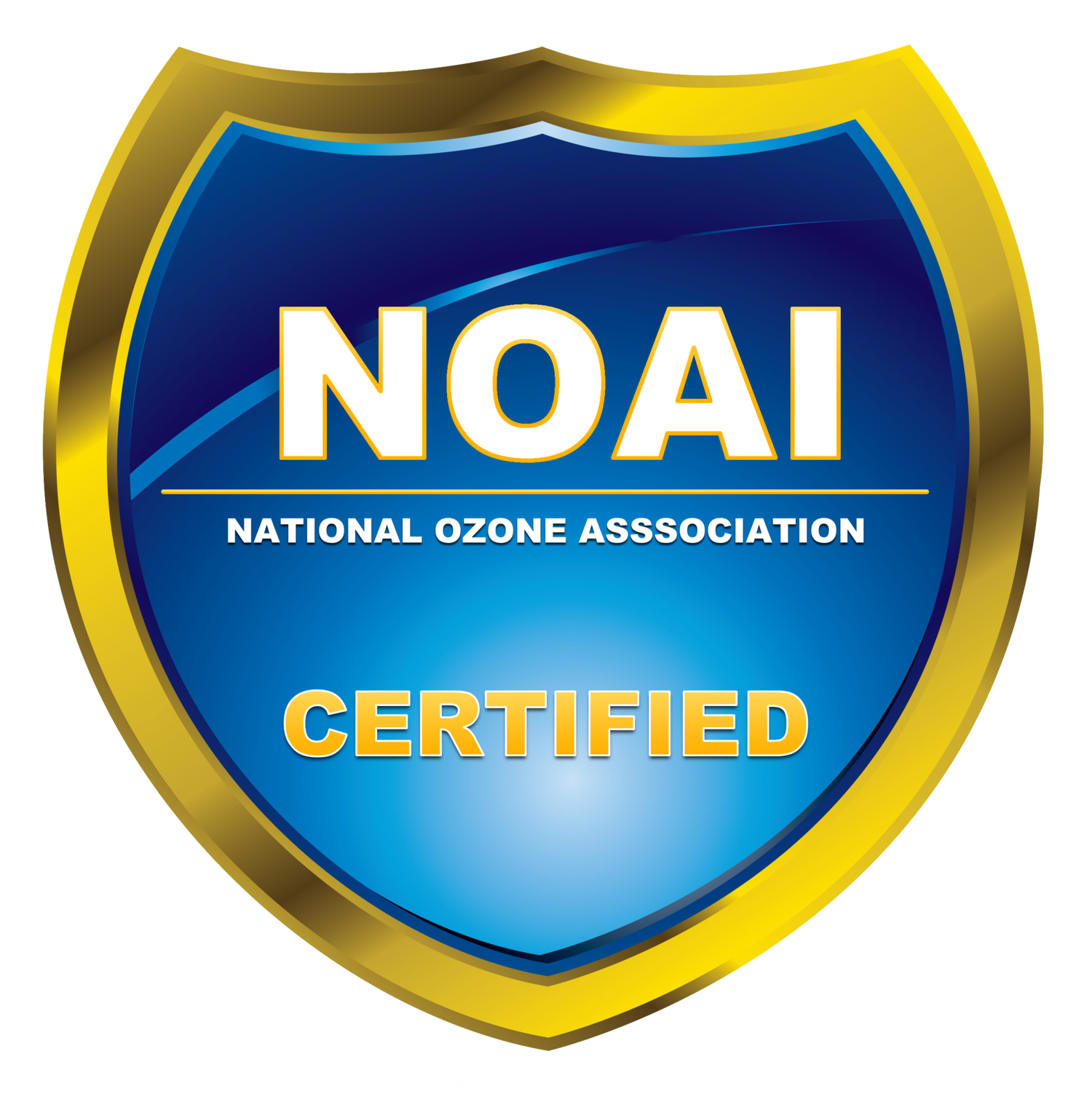The Public Value of Professional Training and Certification vs. Self-Trained Service Providers
In today’s competitive service industry, customers are more informed — and more selective — than ever. Whether hiring a technician for odor remediation, mold removal, HVAC maintenance, or any specialized service, the difference between a professionally trained and certified expert versus a self-taught operator can have a major impact on public trust, brand value, and business success.
Professional Training and Certification: A Symbol of Trust
When a service company invests in professional training and certification, it sends a powerful message to the public:
Commitment to Standards: Certifications prove the company adheres to the latest industry protocols and safety guidelines.
Proven Expertise: Clients feel reassured that technicians have been properly vetted, tested, and trained in best practices.
Accountability: Certified professionals are often bound by codes of ethics, offering greater recourse in case of service issues.
Customers view these companies as safer, more reliable, and more professional, which increases repeat business, referrals, and positive online reviews.
The Risks of Self-Trained Service Providers
Self-trained technicians might have natural skills or experience, but they often face credibility challenges:
Inconsistent Quality: Without formal training, results can vary wildly between jobs.
Safety Risks: Lack of standardized training can lead to improper handling of chemicals, equipment, or procedures.
Lower Perceived Value: Customers are more likely to view self-trained providers as less trustworthy, even if they charge less.
In many industries, public perception now equates certification with competence — and the absence of it with risk.
Certification as a Competitive Advantage
For service companies, earning professional certifications isn’t just about technical skill — it’s a marketing and branding asset. The National Oxidative Association has been the standard for ozone or IAQ remediation for more than twenty years. NOAI is the industry standard for odor removal, mold remediation, sanitizing, and IAQ problems. And, the online training will not cost you big bucks to complete.
Certified companies can proudly display credentials on their websites, trucks, uniforms, and proposals, immediately setting themselves apart from uncertified competitors.
In a crowded market, certifications can be the deciding factor when a customer is choosing between similar service providers.
Final Thoughts
In the eyes of the public, certification represents quality, safety, and professionalism. Companies that invest in professional training don’t just sharpen their skills — they build a reputation that commands higher trust, better opportunities, and greater long-term success.
Want to take your service business to the next level?
👉 Explore our professional certification courses at NOAI and become the expert your customers trust!
